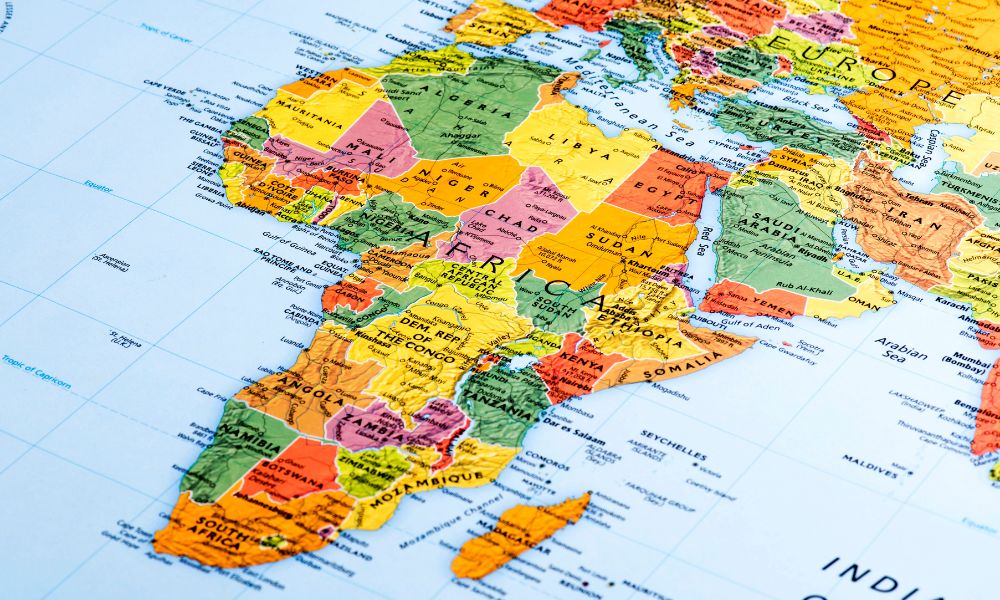Trade between African countries rebounded strongly in 2024, growing by 12.4% to reach $220.3 billion, marking a solid recovery after a 5.9% contraction in 2023.
This upswing was largely driven by robust economic activity in some of the continent's key markets—most notably South Africa, Nigeria, and Morocco. Nigeria, in particular, emerged as a standout performer, more than doubling its intra-African trade transactions to $18.4 billion, now representing 8.3% of the continent’s total.
Rising Stars—Nigeria, DRC and Uganda
- Nigeria: Fuelled major intra-trade growth, climbing to second place with 8.3% of total African trade.
- DRC: Benefited from its strategic geography and expanding rail corridors, notably linking to South Africa’s Durban and Tanzania’s Dar es Salaam, playing a pivotal role in regional logistics.
- Uganda: Entered the top 10, with a 28% year-on-year rise to $7.6 billion in trade.
- Kenya, Tanzania, Rwanda: Each posted robust gains, reinforcing East Africa’s growing intra-regional connectivity.
Despite this progress, there remains a significant gap between actual trade levels and the continent’s potential. Intra-African exports in 2024 fell short of their full potential by an estimated $77 billion—a gap that, if bridged, could have driven total trade to $296.3 billion, nearly 20% of Africa’s overall trade. The continent requires about $100 billion annually in logistics, transport, and digital upgrades to close the gap.
Key sectors with untapped export opportunities include:
- Machinery
- Electricity
- Motor vehicles and parts
- Food products
- Minerals
- Beauty products
- Chemicals
- Plastics and rubber
- Fertilizer
This surge in intra-continental trade serves as a timely boost for the continued adoption and implementation of the African Continental Free Trade Area (AfCFTA). While the increase reflects stronger economic cohesion, both trade flows and industrial integration remain well below their potential—highlighting the need for further efforts to deepen integration.
Why you should pay attention
The surge underscores AfCFTA’s potential to deepen economic integration, but more work is needed to unlock Africa’s full trade capacity.

